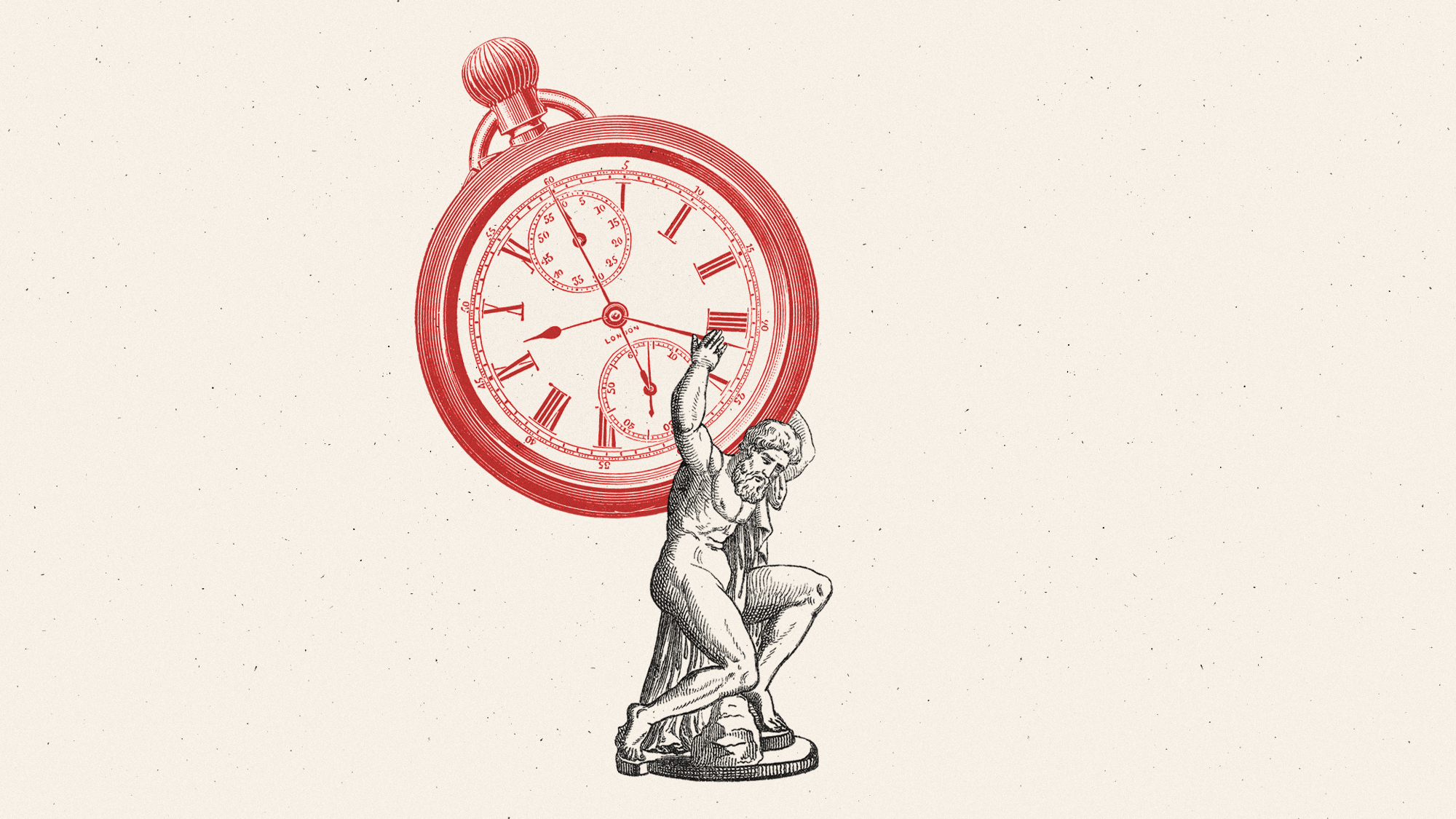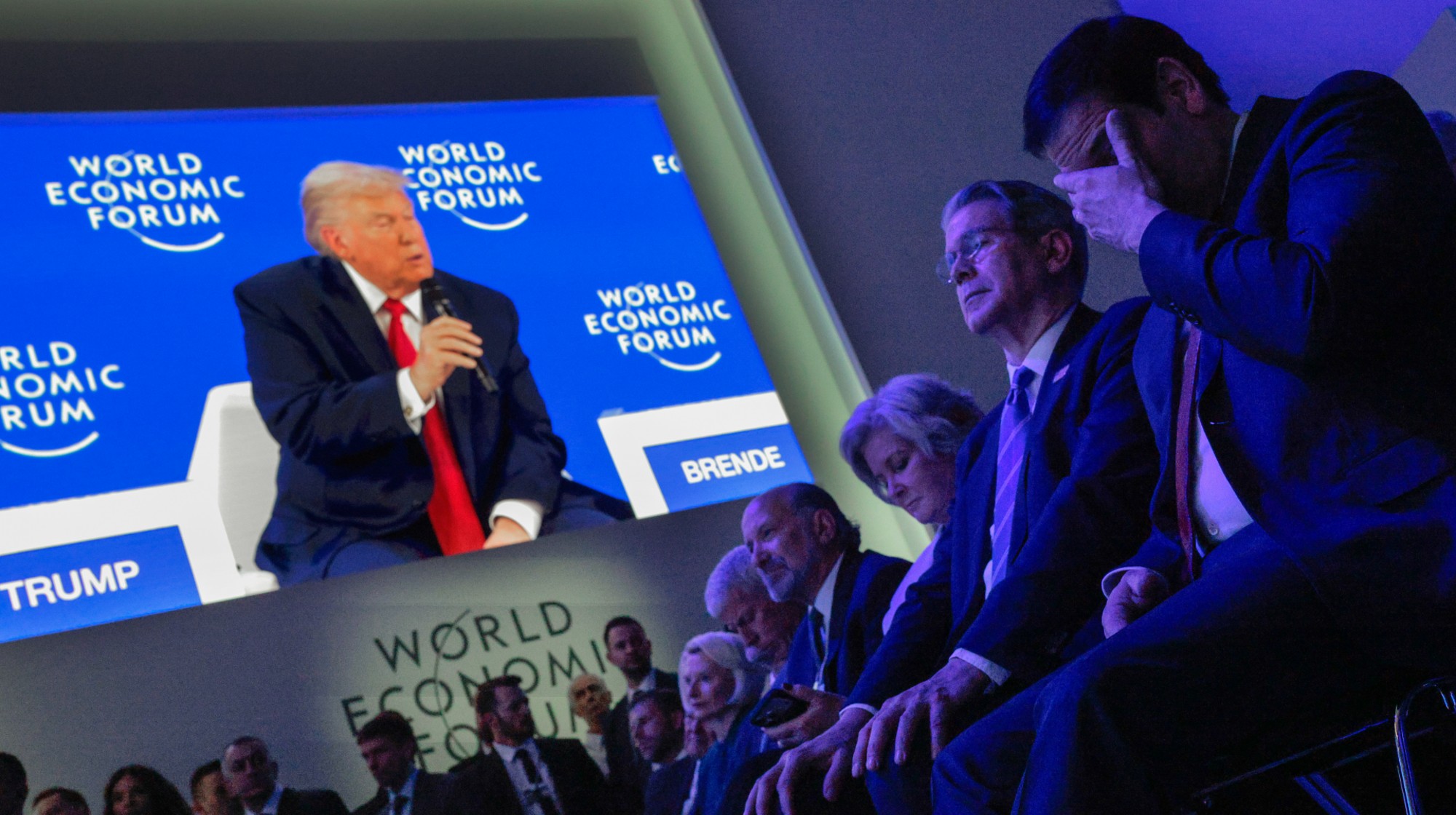Daylight saving time: a Spanish controversy
Spain’s prime minister has called on the EU to remove biannual clock changes in Europe

A free daily email with the biggest news stories of the day – and the best features from TheWeek.com
You are now subscribed
Your newsletter sign-up was successful
In the week the clocks went back an hour across Europe, Spanish Prime Minister Pedro Sánchez reignited the debate over daylight saving time (DST) and raised his concerns with the EU.
“Changing the time twice a year no longer makes sense,” said Sánchez in a post on X. The change has a “negative impact” on Europeans’ health and lives, and a “review mechanism” should be introduced to assess the existing measures.
A ‘quixotic’ attempt?
Sánchez believes the concept is “outdated, inefficient and unhealthy”, said The Times. He questions its energy-saving capacity and argues the changes disrupt biological and sleep rhythms.
The Week
Escape your echo chamber. Get the facts behind the news, plus analysis from multiple perspectives.

Sign up for The Week's Free Newsletters
From our morning news briefing to a weekly Good News Newsletter, get the best of The Week delivered directly to your inbox.
From our morning news briefing to a weekly Good News Newsletter, get the best of The Week delivered directly to your inbox.
The Spanish leader has long been against DST, which the European Commission said in 2018 it would remove. It has so far failed to do so owing to a lack of unanimity. Spain raised the issue at the EU’s Transport, Telecommunications and Energy Council meeting in Luxembourg on Monday.
“It’s unclear if Spain’s effort is quixotic,” said Politico. Sánchez’s proposals require significant backing, though this can be achieved in many ways. He needs either the support of 15 of the EU’s 27 members, or a selection of countries representing at least 65% of the EU's population to back him. All the while, his measures can be dismissed if four or more “capitals oppose it outright”.
Sánchez’s “crusade” to stop the clocks may represent a hidden agenda. Opposition forces in the Spanish government have accused the PM of using this campaign to “deflect” from the “effective paralysis” of his party, said The Times, not to mention the “several corruption scandals that have tarnished his inner circle”. Sánchez’s wife, Begoña Gómez, and his brother, David Sánchez, are both facing corruption charges.
‘Sticking point’
It is thought that most Europeans are against the concept of DST, though they “begrudgingly” accept it, said DW.
A free daily email with the biggest news stories of the day – and the best features from TheWeek.com
Originally implemented in the 1970s as a means of preserving energy and resources following the oil crisis, Europe moves from Central European Time to Central European Summer Time. The UK, which stays one hour behind the rest of the continent, moves from Greenwich Mean Time to British Summer Time.
The issue contains logistical complexities, which would require consensus before any changes were made. Perhaps the “main sticking point” is whether clocks would be permanently set to summer or winter time.
Clock time alterations at their core are a geoeconomic issue rather than a geopolitical one, international law expert Julio Guinea Bonillo told El País. Transportation, finance, digital software and logistics all depend on complete coordination: a lack of consensus between neighbouring countries such as “Spain, France, and Portugal could generate significant costs for businesses and citizens” in Europe.
Will Barker joined The Week team as a staff writer in 2025, covering UK and global news and politics. He previously worked at the Financial Times and The Sun, contributing to the arts and world news desks, respectively. Before that, he achieved a gold-standard NCTJ Diploma at News Associates in Twickenham, with specialisms in media law and data journalism. While studying for his diploma, he also wrote for the South West Londoner, and channelled his passion for sport by reporting for The Cricket Paper. As an undergraduate of Merton College, University of Oxford, Will read English and French, and he also has an M.Phil in literary translation from Trinity College Dublin.
-
 Political cartoons for February 12
Political cartoons for February 12Cartoons Thursday's political cartoons include a Pam Bondi performance, Ghislaine Maxwell on tour, and ICE detention facilities
-
 Arcadia: Tom Stoppard’s ‘masterpiece’ makes a ‘triumphant’ return
Arcadia: Tom Stoppard’s ‘masterpiece’ makes a ‘triumphant’ returnThe Week Recommends Carrie Cracknell’s revival at the Old Vic ‘grips like a thriller’
-
 My Father’s Shadow: a ‘magically nimble’ film
My Father’s Shadow: a ‘magically nimble’ filmThe Week Recommends Akinola Davies Jr’s touching and ‘tender’ tale of two brothers in 1990s Nigeria
-
 Epstein files topple law CEO, roil UK government
Epstein files topple law CEO, roil UK governmentSpeed Read Peter Mandelson, Britain’s former ambassador to the US, is caught up in the scandal
-
 Grok in the crosshairs as EU launches deepfake porn probe
Grok in the crosshairs as EU launches deepfake porn probeIN THE SPOTLIGHT The European Union has officially begun investigating Elon Musk’s proprietary AI, as regulators zero in on Grok’s porn problem and its impact continent-wide
-
 Trump backs off Greenland threats, declares ‘deal’
Trump backs off Greenland threats, declares ‘deal’Speed Read Trump and NATO have ‘formed the framework for a future deal,’ the president claimed
-
 Europe moves troops to Greenland as Trump fixates
Europe moves troops to Greenland as Trump fixatesSpeed Read Foreign ministers of Greenland and Denmark met at the White House yesterday
-
 Trump’s Greenland threats overshadow Ukraine talks
Trump’s Greenland threats overshadow Ukraine talksSpeed Read The Danish prime minister said Trump’s threats should be taken seriously
-
 How Bulgaria’s government fell amid mass protests
How Bulgaria’s government fell amid mass protestsThe Explainer The country’s prime minister resigned as part of the fallout
-
 Europe sets 2027 deadline to wean itself from Russian gas
Europe sets 2027 deadline to wean itself from Russian gasIN THE SPOTLIGHT As negotiators attempt to end Russia’s yearslong Ukraine invasion, lawmakers across the EU agree to uncouple gas consumption from Moscow’s petrochemical infrastructure
-
 Is Europe finally taking the war to Russia?
Is Europe finally taking the war to Russia?Today's Big Question As Moscow’s drone buzzes and cyberattacks increase, European leaders are taking a more openly aggressive stance